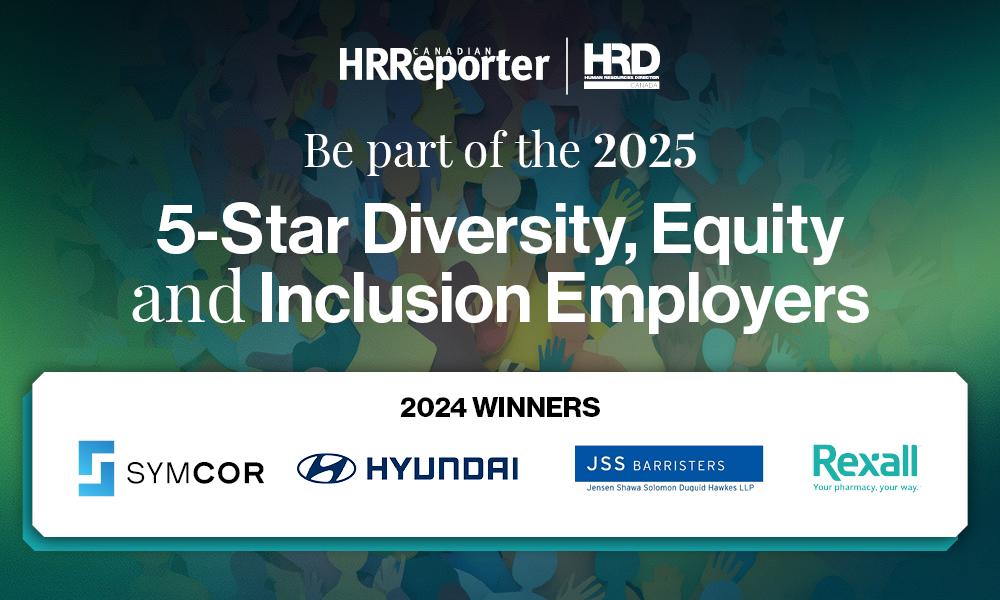'Organizations must prioritize overall employee wellbeing, build a supportive culture and recognize employee accomplishments'

More than half (53 per cent) of workers globally want a hybrid working model where more than half of their work time is remote, according to a report from LHH and the Adecco Group.
However, some workers have negative attitudes toward employees who continue to work from home instead of returning to the office, according to a separate report.
While working from home, 82 per cent of workers say they feel as productive or more productive than before. However, 54 per cent say they have suffered burnout and three in 10 say their mental and physical health has declined in the last 12 months.
Nearly nine in 10 (86 per cent) of workers say they logged more than 40 hours a week over the past year, and 73 per cent want to be measured by outcomes rather than hours.
“The pandemic has highlighted the crucial need for employee wellbeing, as productivity and satisfaction took on new meaning for organizations and employees over the past year,” says Jim Mitchell, president of LHH. “While planning their return-to-work or hybrid strategies, organizations must prioritize overall employee wellbeing, build a supportive culture and recognize employee accomplishments.”
Disconnect with leadership
There also seems to be a disconnect between workers' and leaders' perception of senior leadership, according to the survey of 14,800 workers in 25 countries. While 80 per cent of leaders say they are satisfied with senior leadership, only 43 per cent of non-managers are satisfied.
Less than half of workers are satisfied with career prospects at their company and only 37per cent of non-managers say their company is effectively investing in developing their skills.
Also, just 48 per cent of workers say their managers meet or exceed expectations for encouraging a good working culture and only 50 per cent say their managers meet or exceed expectations for helping support their work-life balance.
Two in three (67 per cent) of non-managers say leaders don’t meet their expectations for checking on their mental wellbeing, found Adecco and LHH.
As a result, many workers may be on their way out the door. Nearly two in five are already changing or considering new careers and 41 per cent are considering moving to jobs with more flexible working options. A quarter of the workforce is considering moving to another country or region. Less than half are satisfied with career prospects at their current company.
“Relationships between employees and leaders have dramatically declined over the past year, with many claiming dissatisfaction from senior leaders,” says Mitchell. “Employers, especially leaders, have an important responsibility to reconnect with their workforce and ensure that culture, wellbeing and employee support are the core of their talent strategies. Most importantly, they need to plan on how they can nurture trust, flexibility, morale, and emotional intelligence.”
Employees are feeling more detached from their organizations amid the pandemic, according to another study.
Also, managers should step up and overcome how COVID-19 policies have had a negative impact on organizational leadership, say James Chen and Thitima Sriphon, authors of the study titled “Perspective on COVID-19 Pandemic Factors Impacting Organizational Leadership” in Sustainability.
“Managers should find the ways to solve the problem such as reducing the hours of working online and asking employees to return to the traditional workplace or sharing leadership in team members to make employees feel they are valuable to organizations,” they say.
“Leaders need good communication skills to share true information with empathy and optimism and… leaders need to be thoughtful and capable to handle change in uncertain situations ethically.”




